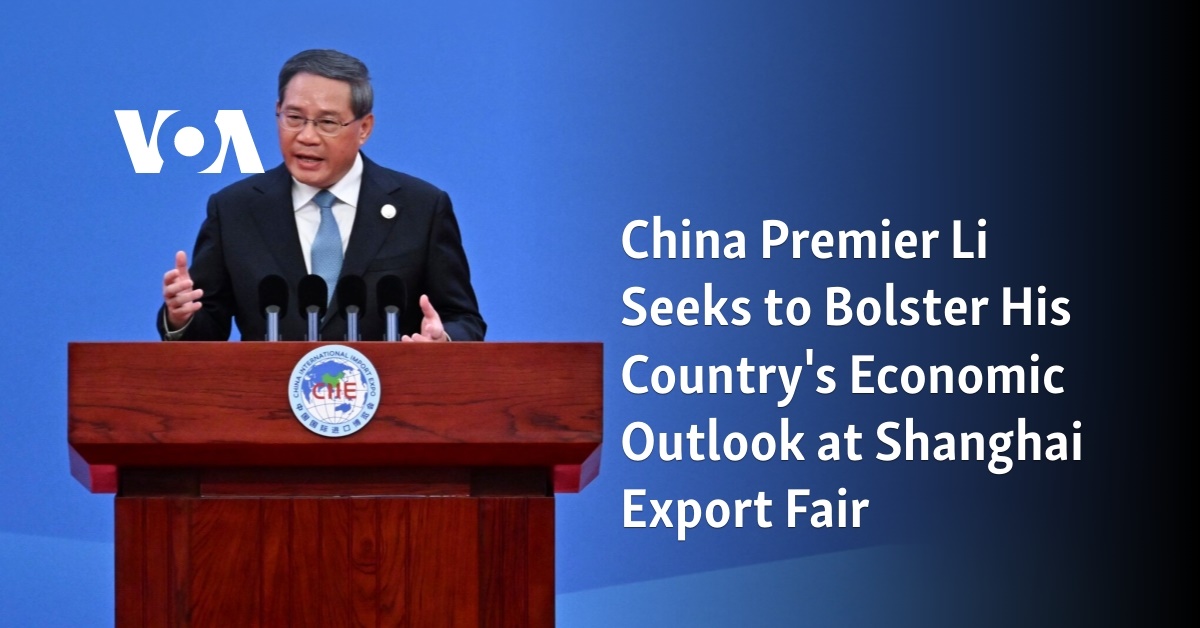
DUBAI, United Arab Emirates (AP) — Teams of experienced negotiators gathered at the United Nations climate conference Friday with a mandate to forge the strongest and most ambitious deals possible, particularly on the central issue of the dwindling future of fossil fuels for a dangerously warming planet.
The leadership of the climate negotiations, called COP28, sent four pairs of experienced and senior ministers to bring countries together on four key but stubborn issues as the summit entered its second week after a day off on Thursday.
The new proposal to curb warming released Friday afternoon strengthened the fossil fuel phase-out options for negotiators to choose from. Four of the five options provide for a variant of a quick exit.
It was always expected that major oil-producing nations would oppose this, and late Friday several news organizations reported that OPEC’s top official, Secretary-General Haitham Al Ghais, had written to member countries urging them to reject any text, which targets fossil fuels rather than emissions. OPEC did not immediately respond to an email from The Associated Press seeking comment.
Mohamed Adow, director of Power Shift Africa, called the letter “shameful.”
“These letters show that fossil fuel stakeholders are beginning to realize that the dirty energy signs are illegible,” Sadow said in a statement. “Their fossil fuels have endangered the planet, pushed millions of people to the brink of survival and, unfortunately, pushed too many to the brink of survival. “Climate change is killing poor people around the world and these oil states don’t want COP28 to divest from fossil fuels because that would hurt their short-term profits.”
Previously, Adow was among environmental advocates who expressed some optimism about the expanded 27-page draft.
“The basic outlines of a historic agreement are there,” said Adow. “What we need now is for countries to get behind the stronger option and strengthen it further.”
Strengthening a possible final document was also a priority for senior United Nations officials.
“This week it is time for governments to show up at COP28,” UN climate chief Simon Stiell said at a press event. “If we want to save lives now and keep the international goal of 1.5 degrees Celsius (2.7 degrees Fahrenheit) warming since pre-industrial times within reach, the most ambitious COP outcomes must be at the heart of these negotiations.”
Stiell highlighted the challenge that lies ahead if the world does not limit emissions, describing how melting ice shelves would lead to catastrophic flooding in coastal cities around the world.
“If we cross these key thresholds, we can never step back from the perspective of the planet,” he said. A report released Wednesday on the sidelines of the summit warned that melting ice sheets could reach the point of no return if warming continues.
COP28 President Sultan al-Jaber said he was “quite positive, hopeful and optimistic” that the summit could bring a “paradigm shift that is focused on and based on science.”
Members of the four pairs of senior special teams that will work with negotiators from nearly 200 countries said they, too, were confident they could get the job done.
“I think there is a certain dynamic. “After talking to the country groups of all parties for months now, there is a real sense of urgency,” Denmark’s Environment Minister Dan Jorgensen told The Associated Press. “We need an agreement, so I’m optimistic.”
EU countries, some Latin American countries and the small island states that are often victims of climate change agree to call for a phase-out of fossil fuels, negotiators said.
Two groups of countries are likely to have some level of opposition to a complete and rapid phase-out of fossil fuels, said Ani Dasgupta, CEO of the World Resources Institute. One is developing countries like India and Indonesia that think they need fossil fuels to boost their economies, but financial and other help can get them out of that situation, he said.
The other group is fossil fuel producers. The United States is the world’s largest oil producer and special envoy John Kerry said earlier this week that the US was committed to supporting a clear exit policy. But one major country opposing it is Saudi Arabia and they are close partners of the United Arab Emirates, the country that is hosting and running the conference, Dasgupta said.
The UAE has a lot to gain from a successful climate conference and “I think they will bring Saudi Arabia as close as possible,” Dasgupta said. When al-Jaber, who also heads his country’s national oil company, was asked at a news conference about cooperation with Saudi Arabia, he avoided answering that part of the question.
The Arab group has been a major blocker so far, a negotiator said. The official spoke on condition of anonymity to avoid disrupting negotiations.
“During the consultations, I had the feeling that a lot of parties understood that we need to make real progress on containment,” said Norwegian Foreign Minister Espen Barth-Eide. “That was not the case in Sharm el-Sheikh at the 2022 climate negotiations.”
Annalena Baerbock, the German foreign minister, said: “To be successful here, we have to achieve the goal of phasing out fossil fuels… and not emissions. “It actually makes a significant difference.”
European negotiators provided additional hope. The EU target is to cut emissions by 55% by 2030, but EU Commissioner Wopke Hoekstra said on Friday that the European Parliament hopes to do better and cut 57% instead.
Negotiators said there was a sense of urgency due to floods, droughts, storms and heat waves in a world that is constantly setting heat records.
“We can’t negotiate with nature,” Jorgensen said. “The climate must not be compromised.”
As analysts and activists examined the new text, they continued to look for more clarity, particularly on fossil fuels and adaptation plans.
The draft’s frequent use of exit is good, “but it also contains conditions that would put the parties in an unclear position,” said Jamal Srouji of the World Resources Institute. He feared that this would not clearly tell people “who has to do what and when.”
“We have never been closer to an agreement on phasing out fossil fuels,” said Romain Ioualalen of Oil Change International.
Asked when the round-the-clock talks would begin, Danish negotiator Jorgensen looked at his watch and said: “Now.”
___
Associated Press journalists Sibi Arasu and Gaurav Saini from the Press Trust of India contributed to this report.
___
The Associated Press’ climate and environmental reporting is supported by several private foundations. More information about AP’s climate initiative can be found here. The AP is solely responsible for all content.






Recent Comments